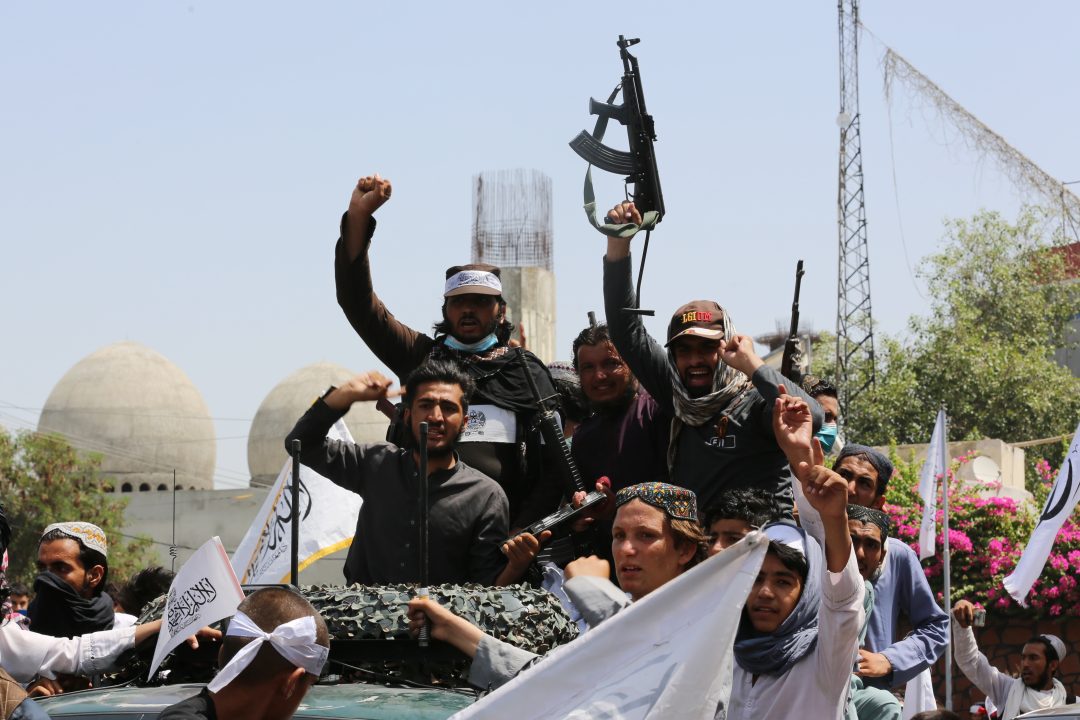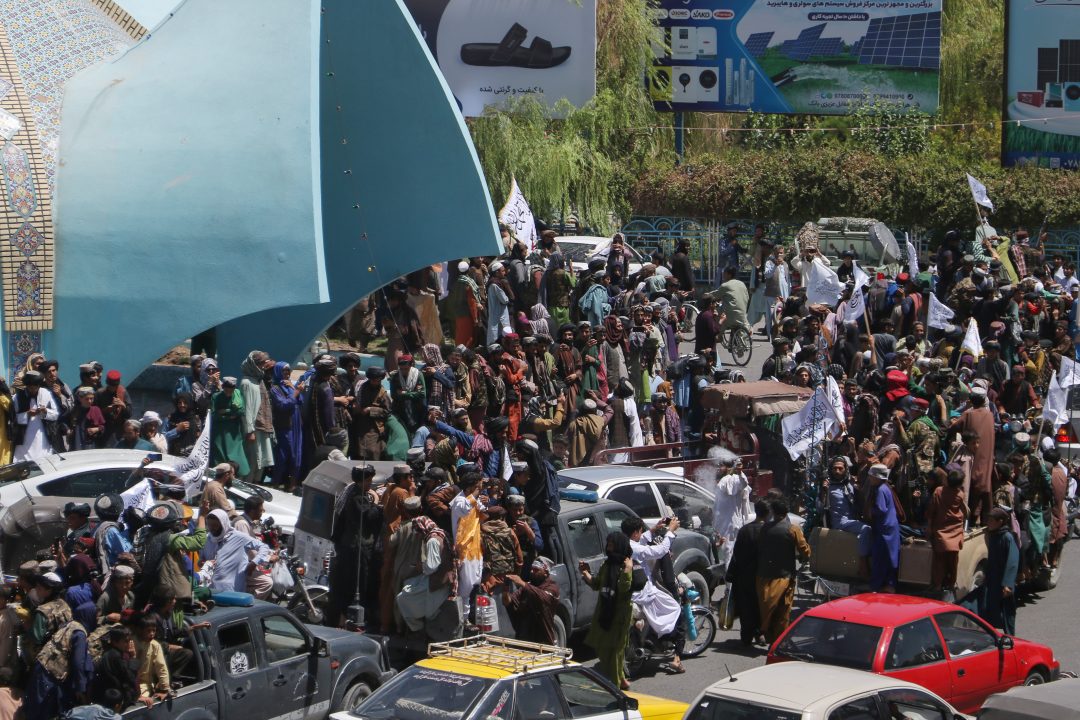Afghanistan’s Taliban government commemorated the second anniversary of its return to power with celebrations and a public holiday. The Taliban’s strict interpretation of Islam, particularly impacting women’s rights, has drawn criticism from NGOs and the UN.
Afghanistan’s Taliban government on Tuesday marked the second anniversary of their return to power with celebrations and a public holiday, saying “no invader” would be allowed to threaten the country.
Flags of the Islamic Emirate of Afghanistan, the Taliban’s formal name for the country, fluttered at security checkpoints across the capital Kabul, which fell on August 15th, 2021, after the US-backed government collapsed and its leaders fled into exile.
In the two years since, Taliban authorities have imposed their strict interpretation of Islam, with women bearing the brunt of laws the United Nations has termed “gender apartheid.”

A statement from the authorities hailed a victory that “paved the way for the establishment of the Islamic system in Afghanistan.”
Hundreds of Taliban supporters, from older men to young boys, gathered near the abandoned US embassy building, one of the many that now stands empty. The Taliban government is still not formally recognized by any other country.
US-made military vehicles, claimed by the new Taliban rulers when international forces left them behind after a weeks-long chaotic withdrawal, rolled past the ajar gates of the fortified embassy walls.
Restrictions on women’s rights, squeezed from public spaces, employment, and education, have been key obstacles to recognition and aid, slashed as foreign nations were wary of dealing with Kabul’s new rulers.

Non-governmental groups have marked the anniversary by again condemning the Taliban authorities’ treatment of women.
“Despite reassurances by the Taliban de facto authorities that any restrictions, particularly in terms of access to education, would be temporary, the facts on the ground have demonstrated an accelerated, systematic, and all-engulfing system of segregation, marginalization, and persecution,” UN experts said in a statement on Monday, hitting out at Taliban pledges of a softer rule than during their stint in power from 1996 until 2001.
In the lead-up to the anniversary, small groups of women held rare and brief demonstrations against Taliban rule, covering their faces with masks.
On Tuesday, in the capital of neighboring Pakistan, more than 100 Afghan women protested, carrying a poster that read: “15 August Black Day in Afghanistan.”
Miroslava Salazar, with AFP





